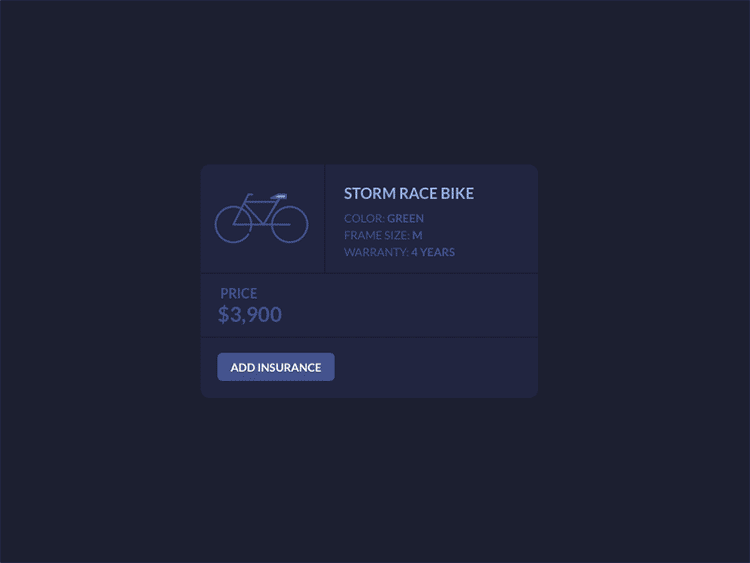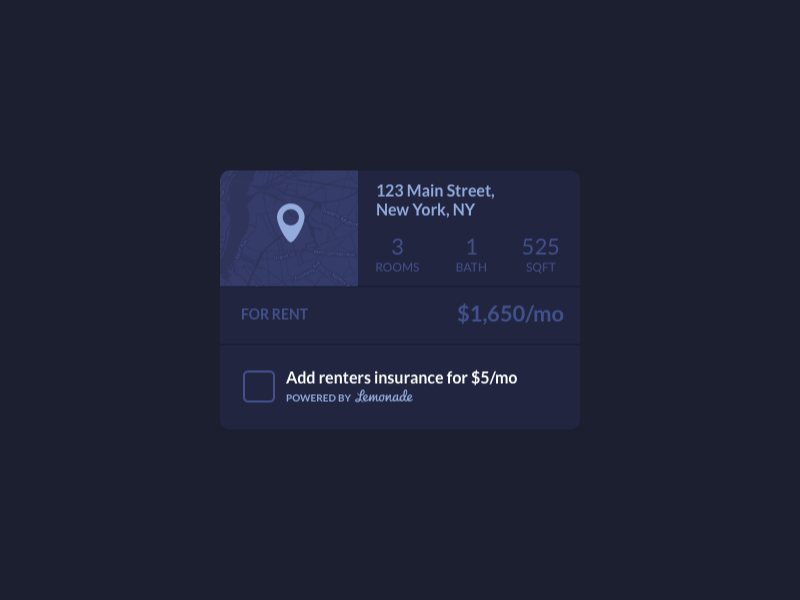Almost two years ago, as our team was busy whiteboarding Lemonade’s architecture, one thing became clear: there was absolutely no way to predict on which platforms Lemonade will end up running. iOS, Android and our website were the obvious choices, but we had a strong feeling we would quickly outgrow those platforms.
So, we set out to design the Lemonade system in a way that would endure any kind of platform we throw at it, whether it’s a mobile app, a cash register, or a car navigation system.
This was a good reason to build a powerful backend API from the get-go, but it wasn’t the only one.
Liberating technology
The API economy had a slow but substantial impact on the way companies share what used to be their closely guarded, proprietary, intellectual property.
Amazon, which started as an online bookstore, opened up its AWS platform to become the leading cloud provider in the world. It now owns a whopping 47% market share (in revenue). Google, who was late to the game, owns less than 4%.
Similarly, despite Steve’s strong resistance, Apple was forced into opening up their app business to the world by the hacker community, giving birth to the App Store. Doing this turned the measly 16 apps, which came preinstalled on the original iPhone, into a marketplace that now holds more than 2 million apps, completely transforming the iPhone from a proprietary, closed garden into the open platform it is today.
Amazon and Apple not only created tremendous value for themselves, but they also activated entirely new ecosystems, enabling the creation of some of the world’s most successful products, including Netflix, Airbnb, Uber, and even Pokemon Go.
There’s a great alignment of interests when opening up to the community. Sharing technology with the world unlocks new revenue potential for the host platform, while others who use it get an exponentially quicker and cheaper way to launch new products to market.
The Lemonade API
Today, we’re thrilled to announce that we’re opening up the Lemonade platform to the world!
For the first time, developers will be able to easily incorporate insurance into their own experience, alongside their main products.
The new Lemonade API supports easy quoting, policy creation and payment for homeowners, condo, and renters insurance policies in California, New York, Texas, Illinois, New Jersey, and Rhode Island. We will continue to expand this to other insurance products and many more regions in the near future.
Now, Lemonade can be seamlessly integrated with commerce websites, financial advisor apps, property management companies, payment software processors, IoT platforms and more!
There are two ways to integrate our API. The first is a simple, one-line-of-code that gets you up and running in minutes. This option displays our customizable Maya bot experience in a window. The bot experience handles everything, from collecting information needed for a quote, to handling payments securely.

The more advanced option allows developers to control every step of the insurance purchase flow, bypassing our bot interface. This deeper level of integration lets you incorporate insurance seamlessly in your app’s UI.

This deeper level of integration lets you incorporate insurance seamlessly in your app’s UI
Let’s build together
It takes years to pull together the licenses, capital, and technology needed to offer insurance instantly through an app, which is why it’s almost nonexistent. Today’s API launch changes that. In the past couple of months, we’ve been working with a few leading companies who already integrate the Lemonade API. I’m happy to report that in the last few weeks, many policies have already been created by our API partners who enjoy a great additional source of passive revenue.
Can’t wait to see what you’ll create using our new API!